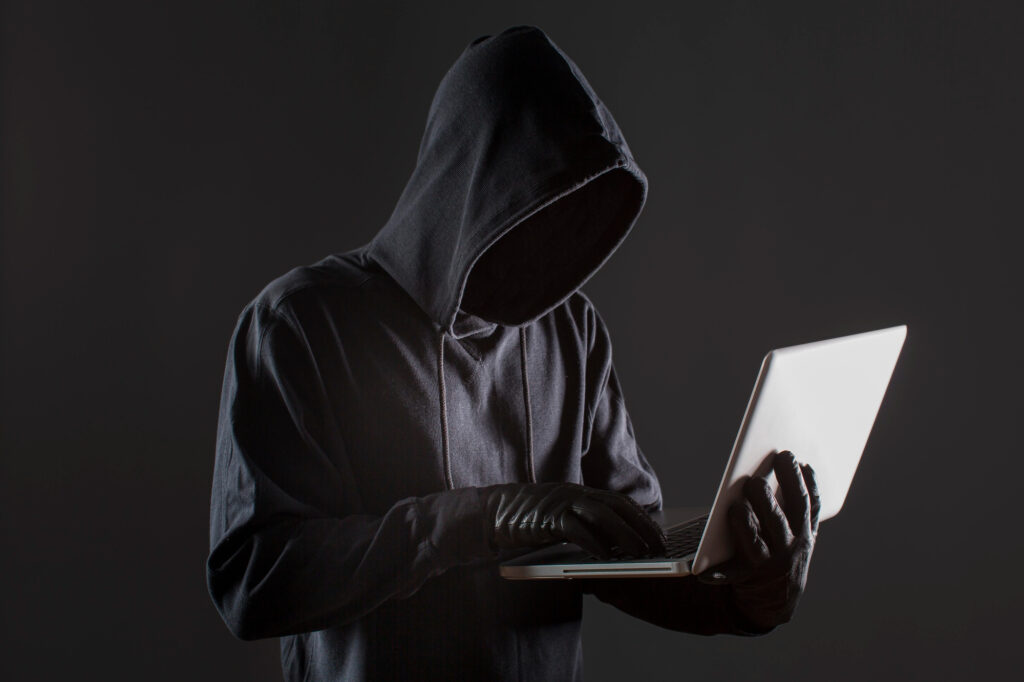In the age of digital connectivity, social media has become an integral part of our lives, allowing us to connect with friends, share experiences, and stay informed. However, the rise of social media hacking has raised concerns about the security of our online accounts. Ensuring the safety of your accounts on platforms like Facebook, Instagram, and Twitter is essential in safeguarding your personal information and maintaining a positive online experience.

-
Understanding the Threat:
Social media hacking involves unauthorized access to your accounts, often with the intent to misuse your personal information or carry out malicious activities. Common threats include unauthorized access, identity theft, and spreading of false information. Being aware of these risks is the first step in protecting yourself against potential attacks.
-
Use Strong and Unique Passwords:
A robust defense against social media hacking begins with a strong and unique password for each of your accounts. Avoid using easily guessable passwords like “password” or “123456.” Instead, create complex combinations of letters, numbers, and symbols. Regularly update your passwords to enhance security.
-
Enable Two-Factor Authentication (2FA):
Two-Factor Authentication adds an extra layer of security by requiring an additional step, usually a code sent to your mobile device, to verify your identity. Enable 2FA on your social media accounts to make it significantly harder for hackers to gain unauthorized access, even if they manage to obtain your password.
-
Beware of Phishing Attempts:
Phishing attempts involve tricking individuals into revealing sensitive information, often through deceptive emails or fake websites. Be cautious of unsolicited emails or messages asking for your login credentials. Verify the legitimacy of links and refrain from providing personal information unless certain of the source’s authenticity.
-
Regularly Update Privacy Settings:
Social media platforms provide privacy settings that allow you to control who can see your information and posts. Regularly review and update these settings to ensure that you are comfortable with the level of visibility your profile maintains. Limiting access to personal details helps protect against unauthorized scrutiny.
-
Monitor Connected Apps and Third-Party Permissions:
Over time, you may grant access to various third-party apps on your social media accounts. Periodically review and remove apps that you no longer use or trust. Be cautious about granting extensive permissions, as some apps may request unnecessary access to your personal information.
-
Be Mindful of Geotagging:
Geotagging involves attaching location information to your posts. While sharing your whereabouts can be fun, it also discloses your real-time location to potential hackers. Disable geotagging features, especially for sensitive or personal posts, to maintain a level of anonymity.
-
Educate Yourself on Social Engineering Tactics:
Social engineering involves manipulating individuals to divulge confidential information. Familiarize yourself with common social engineering tactics, such as impersonation and pretexting, to recognize potential threats. A vigilant and informed user is better equipped to identify and avoid falling victim to such schemes.
-
Regularly Check Account Activity:
Social media platforms often provide tools to review recent account activity. Regularly check these logs for any suspicious or unrecognized logins. If you notice unfamiliar access, take immediate action to secure your account, such as changing your password and enabling 2FA.
-
Avoid Public Wi-Fi for Sensitive Activities:
Public Wi-Fi networks can be vulnerable to hacking attempts. Avoid accessing your social media accounts or engaging in sensitive activities while connected to public Wi-Fi. Use a Virtual Private Network (VPN) for an added layer of security if you need to connect to the internet in public places.
-
Stay Informed about Security Features:
Social media platforms continually update their security features to address emerging threats. Stay informed about new security measures and take advantage of any additional tools or settings introduced by the platforms to enhance the protection of your account.
-
Educate Your Connections:
Share knowledge about online security with your friends and family. Encourage them to use strong passwords, enable 2FA, and be cautious about phishing attempts. A collective effort to raise awareness contributes to a safer online environment for everyone.
-
Report Suspicious Activity:
If you suspect that your account has been compromised or notice suspicious activity, report it to the social media platform immediately. Platforms usually have mechanisms in place to address security concerns and investigate potential breaches.
-
Secure Your Email Account:
Your email account is often linked to your social media profiles. Ensure the security of your email by using a strong password and enabling 2FA. A compromised email account can serve as a gateway for hackers to gain access to your social media and other online accounts.
-
Backup Important Data:
In the unfortunate event of an account compromise, having a backup of your important data, such as photos and posts, is invaluable. Some social media platforms offer data download options. Regularly back up your content to prevent potential loss in case of unauthorized access.
Conclusion:
Securing your social media accounts is a proactive step toward protecting your digital identity and maintaining a positive online presence. By implementing these guidelines, you contribute to creating a safer online environment not only for yourself but for your online community as well. Remember, staying informed, being vigilant, and utilizing available security features are crucial aspects of fortifying your defenses against social media hacking.